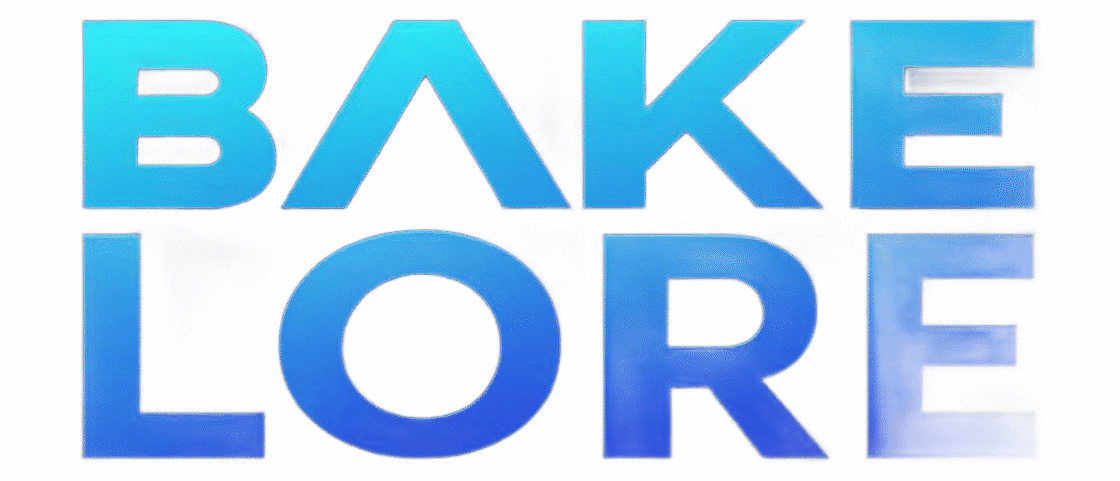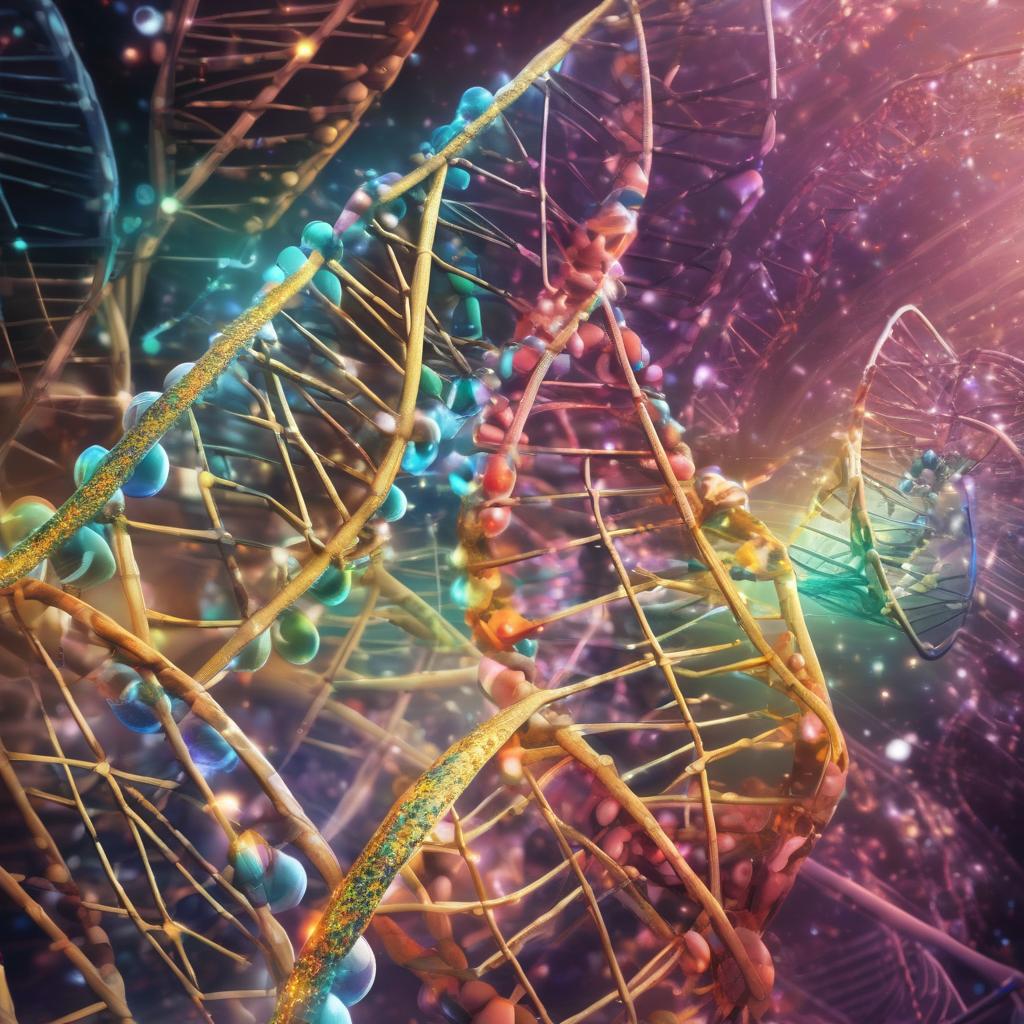So, let’s talk about biotech for a moment. It’s all over the place these days, popping up in conversations, articles, and definitely in innovations. You can’t really overlook it. It’s kind of like that quiet friend who suddenly pulls a surprising move at the party. Biotech, a blend of biology and technology, has been sneaking its way into our lives, changing things up. But what is it really doing, and how is it shaping the world around us? Well, let’s dive in and see where this path takes us.
The Ins and Outs of Biotech
Biotech is a broad field, encompassing a range of applications from genetic modifications to healthcare advancements. It’s not just about manipulating living organisms to make something cool or weird. It’s pushing boundaries in healthcare, food production, and environmental sustainability. Now, I know what you’re thinking. Sounds like a lot, right? But let’s break it down a bit.
The Evolution of Biotech
The journey of biotech didn’t start yesterday. It’s been evolving since we first started fermenting bread and brewing beer. Fast forward to today, and we have CRISPR gene-editing technology and personalized medicine. The pace at which biotech is growing is kind of mind-blowing. If you want a taste of the latest trends, check out this Forbes article on the 2023 Biotech Innovation Showcase. It’s a good overview of where the field is heading.
Applications of Biotech
Let’s look at some practical applications. This is where things get exciting. Biotech is not just about lab coats and pipettes. It’s about real-world applications that make a difference.
Healthcare and Medicine
In healthcare, biotech is a game changer. Think about personalized medicine. Tailoring treatments to a person’s genetic makeup. It’s like getting a suit custom-made rather than off the rack. Then there’s the development of vaccines and therapies. Biotech played a crucial role in the rapid development of COVID-19 vaccines. An incredible feat, if you ask me.
Food Production
Ever heard of genetically modified organisms (GMOs)? That’s biotech at work in agriculture. It’s all about increasing yield, improving nutritional value, and ensuring crop resilience. Of course, GMOs can be a hot topic, but they offer solutions to food shortages and help feed a growing population. If you’re interested in the hardware behind these innovations, you might find this link an interesting read.
Environmental Sustainability
And then there’s the environmental angle. Biotech is tackling pollution and conserving biodiversity. Biofuels, for example, offer a more sustainable alternative to fossil fuels, reducing greenhouse gas emissions. It’s all about finding ways to live in harmony with nature rather than at odds with it.
Challenges and Ethical Considerations
But, it’s not all rainbows and butterflies. Biotech also faces its share of challenges. Ethical concerns loom large, especially when it comes to genetic modifications and cloning. Are we playing God? That’s a question on many minds.
Regulation and Safety
What about regulation? Ensuring the safety and efficacy of biotech products is crucial. There’s always the debate over how much is too much when it comes to innovation. A balancing act for sure. You can explore more of these ethical dilemmas in this BBC article. It provides some food for thought on the topic.
Public Perception
Then there’s public perception. How do people feel about biotech? Are they on board, or is there skepticism? Trust is key here. Public education and transparency are necessary to foster trust and acceptance.
Future Directions
So, where are we heading with all this biotech innovation? It’s an exciting time, with endless possibilities. We’re talking about AI and biotech collaboration, advancements in regenerative medicine, and more sustainable agricultural practices.
AI and Machine Learning
Artificial intelligence is set to play a big role. Machine learning can speed up research and lead to breakthroughs faster than ever before. An intriguing partnership, no? AI analyzing genetic data, discovering patterns, and even predicting outcomes.
Bioprinting and Regenerative Medicine
Bioprinting is another area to watch. It’s like 3D printing, but for cells and tissues. Imagine creating organs for transplants. It sounds like science fiction, but it’s becoming closer to reality.
Is Biotech Worth the Hype?
In the end, is biotech worth all the hype? Well, it’s got its ups and downs, like any field. It’s not a magic bullet for all our problems, but it’s undeniably paving the way for groundbreaking solutions. From healthcare to agriculture and beyond, biotech is making its mark.
As we continue to explore this landscape, it’s important to stay informed and engaged. Whether you’re a skeptic or an enthusiast, understanding the intricacies of biotech can only enrich the conversation. So, let’s keep an eye on this evolving field and see where it leads us.
FAQs About Biotech
- What’s the difference between biotech and pharmaceuticals? – Biotech involves using living organisms to develop products, while pharmaceuticals focus more on chemical-based drug development.
- Are GMOs safe to eat? – The consensus among scientists is that GMOs are safe to eat. They undergo rigorous testing before hitting the market.
- Can biotech help with climate change? – Yes, through sustainable practices like biofuels and genetically modified crops that require fewer resources.
- Is gene editing ethical? – A controversial question with no straightforward answer. It depends on intent, regulation, and potential consequences.
- How can I get involved in biotech? – Consider studying biological sciences or engineering, or keep up with industry news and innovations.
There you have it. These bits and pieces of the biotech world. Not exhaustive, but enough to give you a sense of what’s going on. And hey, maybe spark some curiosity to dig deeper. Who knows?



